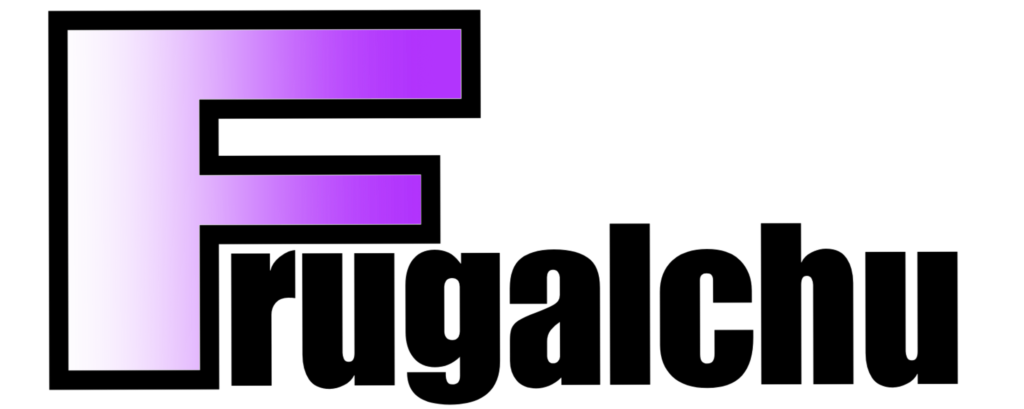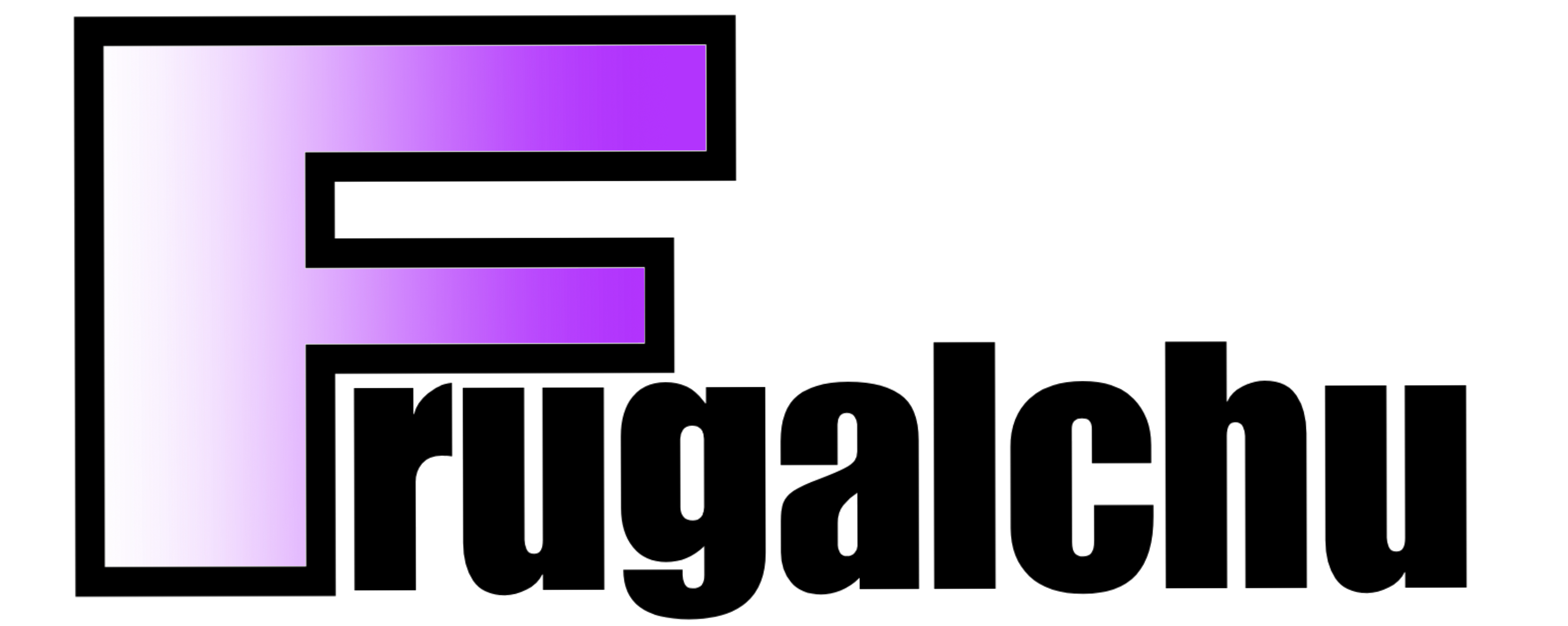Don’t worry, it’s on everyone else’s mind too. There’s been a lot of talk of a new recession that will be hitting soon (or that we’re already in.) How will you survive the recession? When I say survive, I’m talking about your bank account and how it’s related to your lifestyle, so no worries, I’m sure you’ll literally survive. However, if you’re freaking out a bit because the future seems uncertain, you’re not alone. And if (when) a recession does hit, what will we do? Will I lose my job? What about my retirement? Is my money safe?
I say, relax! We’ve been through recessions before, and we can do it again. However, it is always a good idea to prepare yourself as much as possible. Here are 3 valuable tips to consider when preparing for the next recession.
#1 – Build up Your Emergency Fund
If you’ve already done this, you probably have a big smile on your face, because you are prepared! Give yourself a pat on the back. Still, read on because you might find something useful, or be reminded of something you forgot.
An emergency fund can help you survive the recession or any financial storm. Not everyone’s goal will be the same, but initially you should aim to save an amount that will cover 3-6 months’ worth of living expenses. This amount should include your basic expenses such as rent/mortgage, utilities, food, and transportation (the necessities).
How do I build an emergency fund?
This doesn’t have to be difficult – open up a new savings account, and call it your Emergency fund. The best idea would be a high-yield savings account. This will boost your emergency fund and help it grow even faster.
Primis Bank’s savings account has a yield of 4.35% in interest right now! We’ve already done the research – it is FDIC insured, and opened up our own account. Here’s the link: Primis Bank
After finding a few options that pay higher interest rates, click here to ensure it is FDIC insured.
How do I transfer money to my emergency fund?
Set up automatic transfers from your checking account to your emergency fund. This will help you make saving a priority. It will also make sure you’re building the habit and saving on a consistent basis without having to think twice about it.
Where do I get money for my emergency fund?
Look for ways to cut back on expenses so that you have more money to put towards your emergency fund. One thing that will help a lot of people is to limit dining out and have more home cooked meals. Another is to decrease the amount of money spent when going out, and find free or low cost fun activities (I’ll cover this more in depth in another post). You can also utilize your time in more productive ways like reading or learning new skills; there is a lot of free information on the web. Also, look for any other non-essential expenses that can eat up at your funds. You can take baby steps if needed.
How much money should I put in my emergency fund?
3-6 months might sound like a lot to save at one time, so start small if that makes you more comfortable; make your mini-goal to save $500, then bump to $1000, and then just keep increasing the number a little bit at a time. Once you reach that 3-6 month goal, you could stop, but I would say keep saving more to increase your safety net.
Building your Emergency fund is an ongoing process. It’s not going to happen overnight, but if you’re consistent with it, and make it a priority, you’ll build something solid that will help you weather a recession or any other financial challenges.
#2 – Diversify your Income
Many of us (myself included) have a typical 9 to 5, and that’s our primary income stream. There’s nothing wrong with that. But! There are other, better ways to make money. And having multiple income streams is a sure way to have some more security and help you survive the recession.
You’ve heard the saying, “don’t put all your eggs in one basket.” The same idea goes for income streams, because if one goes down, you have others to fall back on. This also happens to be one of the first steps to pursuing financial independence. Here’s a few ways to go about it:
Develop a new skill:
Yes, expand your knowledge – this will give you more job opportunities and new ways to earn more money. There’s no shortage of ways to do this. You can attend workshops, take a course, or pursue a certification in a new area of interest. Another way is to go on YouTube and learn something new through video tutorials. You probably already go on there for other things! Might as well make it worthwhile.
Start a side hustle:
You can start a side business that can be an additional source of income. You can put as much effort as you’re able to, then start scaling your business up as cash flow starts to increase.
- You can sell things online using Amazon, Etsy, Ebay, etc.
- You can try freelancing using the skills you already have. Maybe you like to write, or web design, or even tell stories. There’s a niche for everything. You can use platforms like Fiverr, Upwork, and Freelancer.com.
Invest in passive income streams:
Some examples of passive income ideas include rental properties, creating digital products, and my personal favorite, dividend stocks (I’ll cover this in another post).
Take advantage of gig economy platforms:
We’ve all heard of someone that’s either taken one of these gigs, or looking into it. It’s a rapidly growing industry, and really easy to get into. Platforms like Uber, UberEats, DoorDash, Lyft, AirBnB, Turo, and so many others. These can also be considered side hustles, but more to complement what you’re already doing. Maybe you can use it to boost up your Emergency Fund!
There’s a lot of other ways to make money than just your 9 to 5 grind. You have to make the move and start somewhere though. Our most valuable resource is time, which happens to be the only one you can’t get back. And to survive the recession, and any other financial crisis you must use time wisely and start looking for other ways to diversify your income. And keep going at it! If you hit a wall, that’s ok! Just get back up and keep going. And in 3, 5, 10 years from now, you could be looking at early retirement! (This is our goal!)
#3 – Reduce Debt To Survive the Recession
This is one that challenges so many Americans. Most debt (not all) can be a huge financial burden. And if there is a recession, paying it off could be that much harder. This is why it’s important to do this early on before things spiral out of control. Here are a few guidelines to consider when taking care of debt.
This includes credit cards or personal loans. These types of debt can go pretty crazy pretty quickly, so the best practice is either to avoid them altogether, or pay it off as quickly as possible.
Prioritize high-interest debt:
High-interest debt can accumulate rapidly, because it’s compounding month after month. The amount that you’re not paying will grow exponentially! If you pay the minimal amount, depending on how much you owe, it’s like taking one step forward, and ten steps back. This makes it nearly impossible to get out of debt. If you can help it, pay off what you spend each month and DON’T carry balances on credit cards!
*note – There are ways to use credit cards to be beneficial, but I’ll cover that in a later post. For now, just know that the debt that comes with using credit can create financial Hell.
If you’re already in this financial Hell, in a later post we’ll cover how to use the snowball or avalanche method to help pay off your debt quicker.
Create a debt reduction plan:
Put it all on paper! Or whatever you use to get organized. Make an outline of your debts, interest rates, and payment schedules. This will help you prioritize which debts to pay off first, and how much you need to pay each month. It will also keep you motivated as you track your progress to pay off your debt. Don’t think this will happen overnight though. You have to stick to your plan so you can see the difference. I’ll have a template soon that you can download for free that will help guide you on how to do this.
Avoid taking on new debt:
Don’t take on any additional unnecessary debts! You would think this would be a no-brainer, but sometimes our wants outweigh our needs. This is the exact reason why so many Americans are in debt and live paycheck to paycheck. Instead, focus on paying off existing debt and building the emergency fund we covered earlier. This will help prepare you for unexpected expenses and reduce the financial burden during a recession.
Nobody wants to owe money. I haven’t heard a single person say, “I love watching my debt take over my life!” And in tough times, it’s super important that you have a plan to weather the storm. Switch your goal to making sure you’re either maintaining, or better yet, increasing, the size of your wallet (your net worth.) If you’re constantly getting into debt, buying unnecessary things that you can’t pay without a credit card, you’re digging yourself into a hole that’s really hard to escape. And our goal here is to survive the recession, not add stress to our financial situation. I’m not saying it’s bad to have nice things, but wait until you can actually afford them! So start building a way out now, before you dig any deeper.
The question really isn’t, if a recession will come, it’s when it comes. Will you be ready? How will you survive the recession? Follow these practical tips you just read, and you will be ready to endure whatever comes your way. This will take some effort, consistency, and some discipline on your part, but it will absolutely be well worth it.


